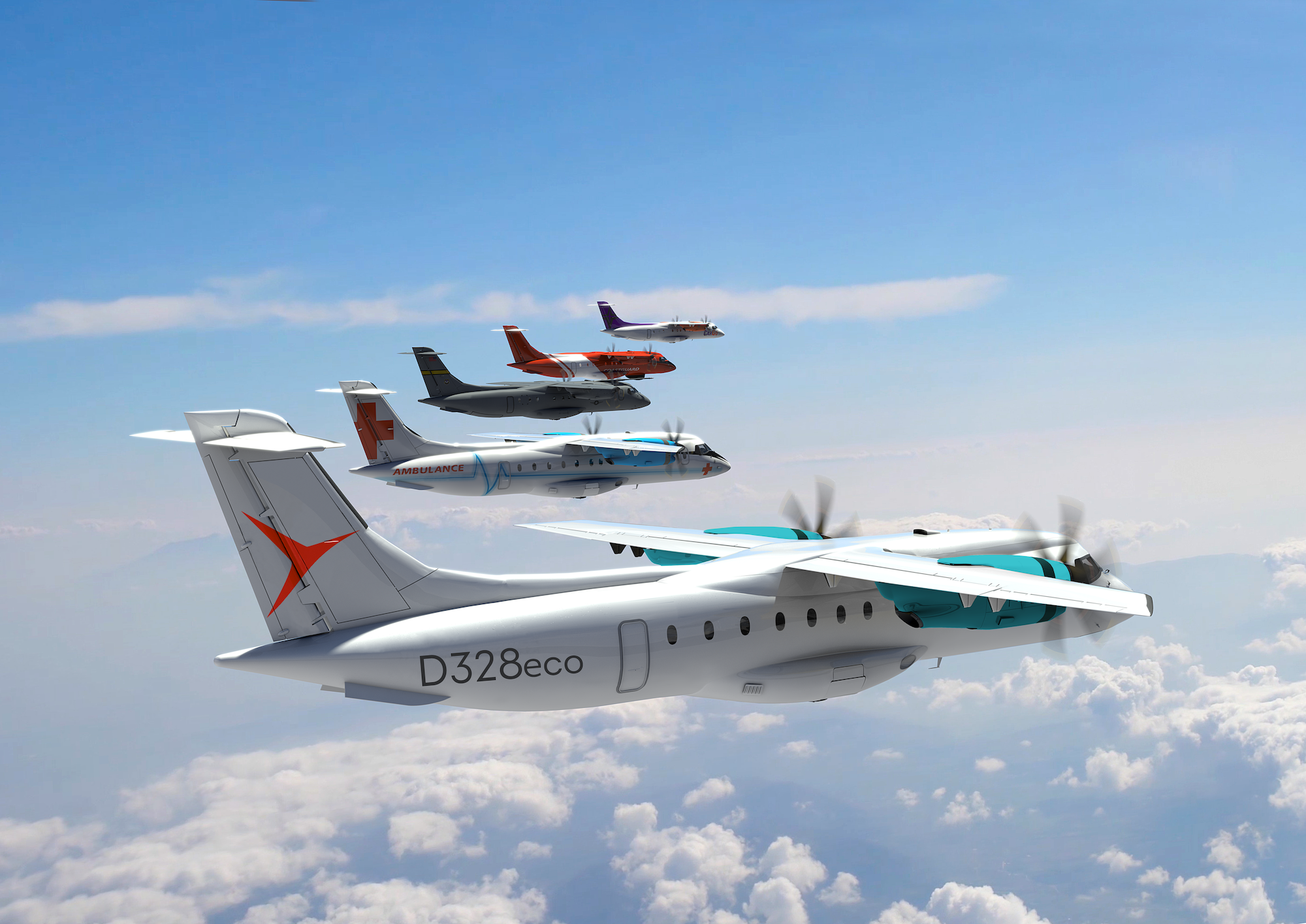
Credit: Deutsche Aircraft
If there is a resurgence in demand for fuel-efficient turboprops once commercial aviation recovers, Deutsche Aircraft plans to be ready. The Oberpfaffenhofen, Germany-based company is working to have its upgraded version of the Dornier 328, the D328eco, ready for market by 2025. “We are targeting a...
Subscription Required
This content requires a subscription to one of the Aviation Week Intelligence Network (AWIN) bundles.
Schedule a demo today to find out how you can access this content and similar content related to your area of the global aviation industry.
Already an AWIN subscriber? Login
Did you know? Aviation Week has won top honors multiple times in the Jesse H. Neal National Business Journalism Awards, the business-to-business media equivalent of the Pulitzer Prizes.
